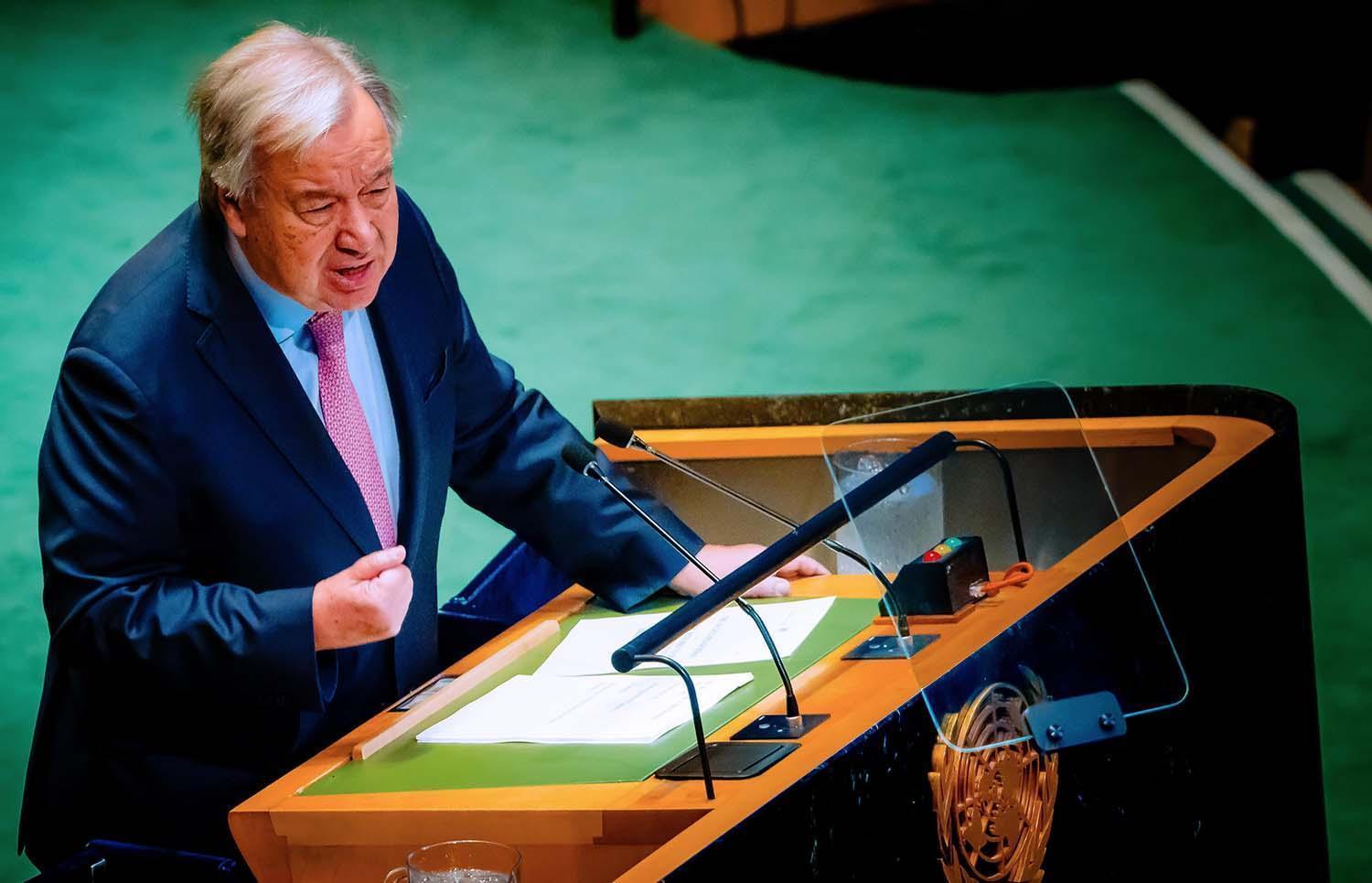Africa-Press – Mauritius. The 4th International Conference on Financing for Development (FFD4) adopted the “Seville Commitment” on Thursday, at the end of its work that began on Monday in this Spanish city.
In the document, the Heads of State and Government advocate a paradigm shift in financing and international cooperation based on the Addis Ababa Action Agenda, the Monterrey Consensus and the Doha Declaration.
It accommodates four pillars, namely crisis prevention through good management and transparency, relief of the cost of financing, fairer and faster restructuring mechanisms and more objective and long-term sustainability assessments.
In their action, they should also focus on efforts to boost investment in sustainable development, which should be articulated around resources, policies and public plans.
It stresses that the Addis Ababa Action Agenda emphasises the essential role of public policies and the mobilisation and effective use of national public resources to finance sustainable development.
With regard to national and international private financial and commercial activity, it advocates that investment and innovation are the main drivers of sustainable development, inclusive economic growth, digital transitions and the creation of decent jobs, and can play a catalytic role in these areas.
With regard to international trade as an engine of development, they highlight that it is an engine of inclusive growth and poverty eradication, also contributing to the promotion of sustainable development.
However, it draws attention to the fact that the multilateral trading system is increasingly under threat, with trade restrictions, including tariffs inconsistent with the rules, principles and commitments of the World Trade Organization, which are increasing around the world amid rising trade tensions and the impasse in multilateral negotiations.
In the approach to debt and its sustainability, in the midst of successive crises, disasters and climate and other shocks, he stresses that the challenges of sovereign debt have become one of the greatest obstacles to achieving sustainable development.
They stressed that while multilateral lenders have increased concessional lending in response to these shocks, many developing countries face high debt servicing burdens and borrowing costs, which severely limits their fiscal space and their ability to fight poverty and inequality and invest in sustainable development. While there has been some progress in reforming the sovereign debt architecture, they consider that much remains to be done.
With regard to the international financial architecture and systemic issues, it emphasizes the importance of continuing to reform global economic governance and strengthening the leading role of the United Nations in promoting development in order to achieve a stronger, coherent and inclusive international economic and financial architecture.
The Seville Commitment, in addressing the aspects relating to science, technology and innovation, emphasises the fact that they are advancing at an unprecedented scale and pace. However, it adds that the ability of developing countries to harness their full potential to drive sustainable development is limited.
Further adds deep concern to the growing gaps in innovation, production, connectivity and access to technology, including information and communication technologies; the lack of digital infrastructure, data and digital public goods; limited national capacity; and limited international support, combined with inefficient allocation of funds, which have resulted in the persistence of digital inequalities between and within countries.
The objective of this commitment is to implement the decisions taken at the three previous conferences, so that developing countries can have sustainable development in line with the United Nations 2030 Agenda and the African Union”s 2063 Agenda.
It also aims to create a new world financial order that responds fairly and effectively to the growing debt crisis on the African continent, since the current architecture of the financial system and international cooperation appear to be detrimental to developing countries.
On the first day of the conference, in his capacity as President of Angola and the African Union, João Lourenço, called for the definition of more agile and functional mechanisms in the mobilization of financial resources to face the recurring challenges faced by developing countries.
He listed as challenges climate shocks, fluctuations in commodity prices, the erosion of confidence in the multilateral system and the unsustainable weight of sovereign debt, which consumes more resources than those allocated to health and education combined and drastically limits the room for maneuvers to finance development.
He said that this situation constitutes a clear obstacle to the achievement of the Sustainable Development Goals of the 2030 Agenda and the fulfillment of the 2063 Agenda, which express the common commitment to building a fairer, more inclusive and resilient world.
Source: ANGOP
For More News And Analysis About Mauritius Follow Africa-Press







